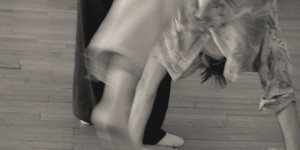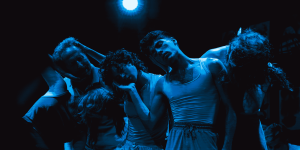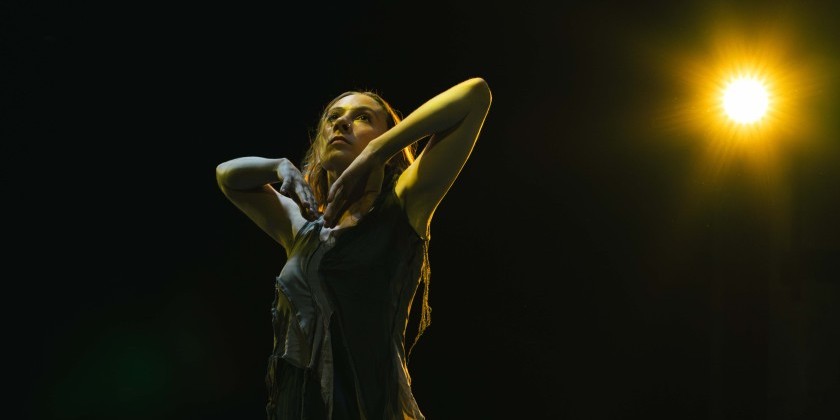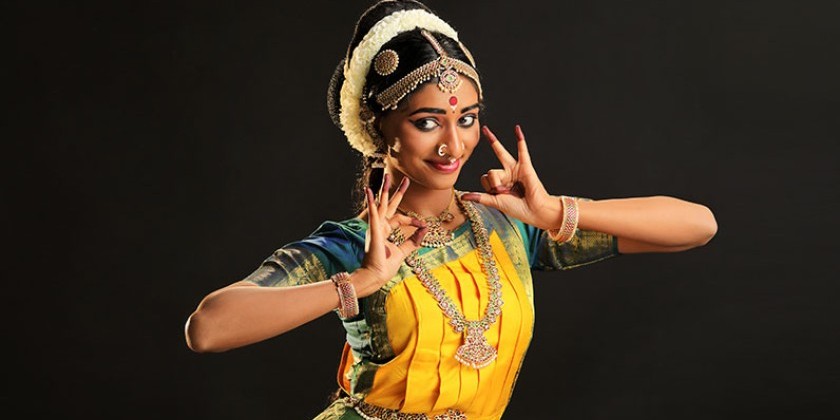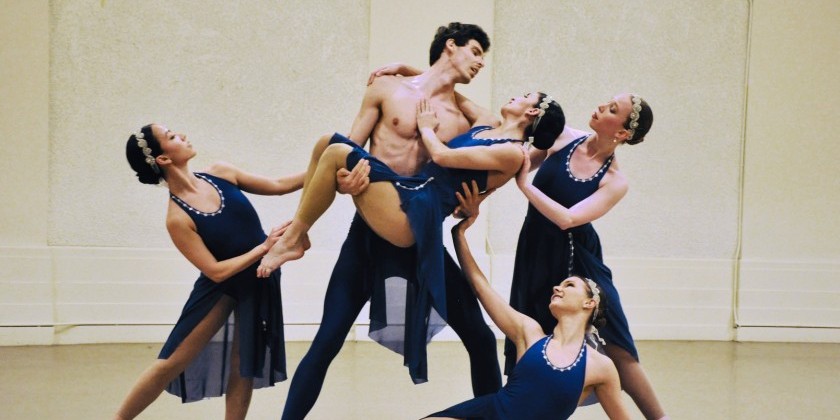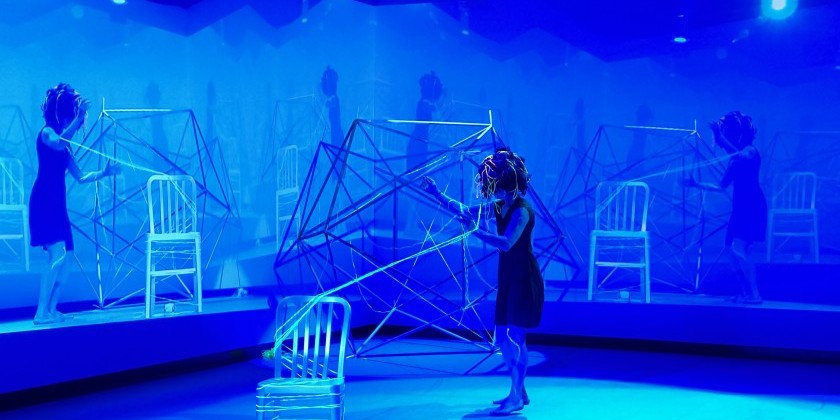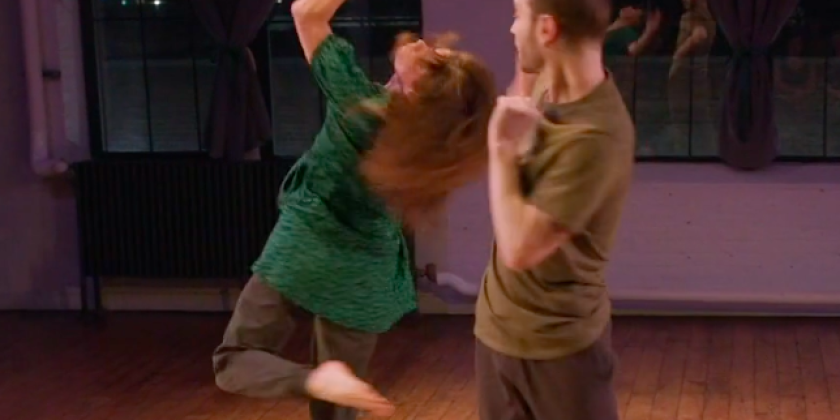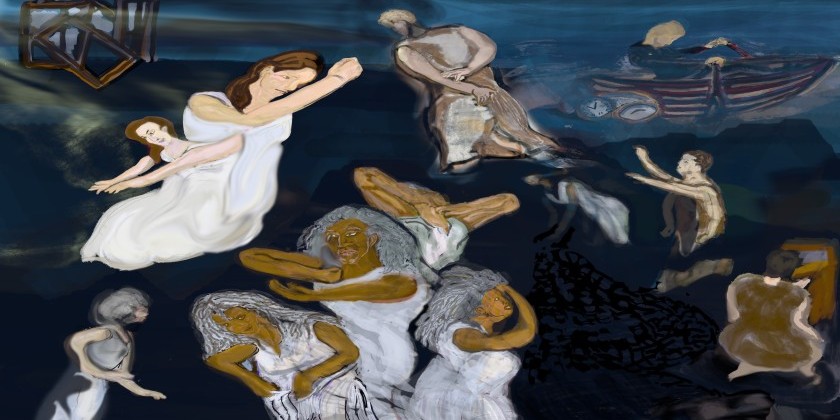AUDIENCE REVIEW: Pilobolus

Company:
Pilobolus
Performance Date:
08/04/2012
Company / Show / Event
Pilobolus
Performance Date
08/04/2012
Venue / Location
Joyce
A bit about you:
(your occupation, the last time you moved, your website, etc.)
informalfloor.blogspot.com
Freeform Review:
Pilobolus is a fine-tuned dancing machine. With lighting that hits the ever-exposed abs just right, winks and smiles that elicit laughter at perfectly timed moments and the Olympic-like strength of the performers, every moment is rehearsed and calculated. This sense of knowing can grind a performance to a halt, but Pilobolus stays on the edge of what is physically possible, and this means that sometimes, they fall. It is fun to fall into the unknowing.
A ball drops, a limb quivers with fatigue. The dancers are constantly in a state of tension. Have you ever flexed a muscle until the prolonged action causes a vibration? It is like that. Every step reverberates as an acknowledgment a deeper muscle’s initiation. The difficulty of what the dancers are doing is not abstract. In modern dance, the perceived effortlessness of the best performers can seem to be just that: effortless. But we all know how hard it is to balance a ball on top of a ball. Half way into the first piece, Azimuth, female dancer Jordan Kriston breaks from her calm stance to catch the ball that has been resting in the smooth (but slight, so slight!) curve of her temple. An intake of breath from the audience. Then, a settling shift in the seats once the prop is cupped in the improbable position once more. Instead of disappointment at the fumble, there is a tacit agreement between the audience and the performers that mistakes are acceptable. They are almost welcome, confirming the perceived difficulty of the movement onstage.
Piloblus always performs to appeal to the audience. Like older television comedies where the audience is cued to laugh, here too the moments that call for a chuckle are just as obvious. Even the most pure piece, Pseudopia, performed by Jun Kuribayashi, cannot resist a moment of cute teasing. Kuribayashi performs a somersaulting solo with uncanny silence (the music is lowered at one moment and the muffled sound of impact seems impossible) and a calm beauty. Then: insert a coy interaction between dancer and his foot. Kuribayashi is curled into a small ball, his foot extends out of this form slowly, curiously. The foot motions towards Kuribayashi’s face, and he reacts with over-acted surprise and quick rebuff. It is a brief moment, but it is enough to make the audience laugh. I didn’t need to laugh. I was still enjoying the silence.
The collaboration between Pilobolus and the band OK Go, however, is an appropriate place for comedy. In a style in line with OK Go’s previous music videos, All Is Not Lost is almost too 80’s disco/ montage/ cheese, but somehow it’s not. The dance is filmed from below a raised platform that has been laid clear Plexiglass and then projected onto a large screen; we are witness to a live pseudo-MTV music video. Through this skewed viewing of the dancers, we see the dancers bodies connect with one another creating a kaleidoscope of body parts. Focus on the physical forms and you will see the simplistic transitions between one undulating shape and another. Watch the projection though, and those shapes are patterns, those transitions are suddenly complex.
Pilobolus fills the time that it takes to break down such intricate sets with gorgeous dances for camera (or are they short films? In this context, I feel comfortable labeling them with the modifier ‘dance’ even when none of them involve human bodies). In Starlings, a swath of birds swoosh and soar, darkening the sky, separating, gliding. The movie lasts 2 minutes? 10? They are still mesmerizing when the video fades. Group pieces including Azimuth and Korokoro create angles and synchronized movement that approximate the birds forms. Our human body cannot come close to the awesomeness of those birds, but with a powerfully emanating wingspan like Nile Russell’s or a smooth clarity like that of Eriko Jimbo or the combined spatial relationships between the cast of seven, it can come close.
Where most dance companies might train towards perfection in a performance, Pilobolus seems to up the ante when they go onstage. The effort we see is gratifying to watch. For the Olympians we see on our TV screens at night, sweat is success. On the television, muscles ripple in slow motion, high definition, edited film. Pilobolus is live, it’s rippling too, and it’s in front of you.




